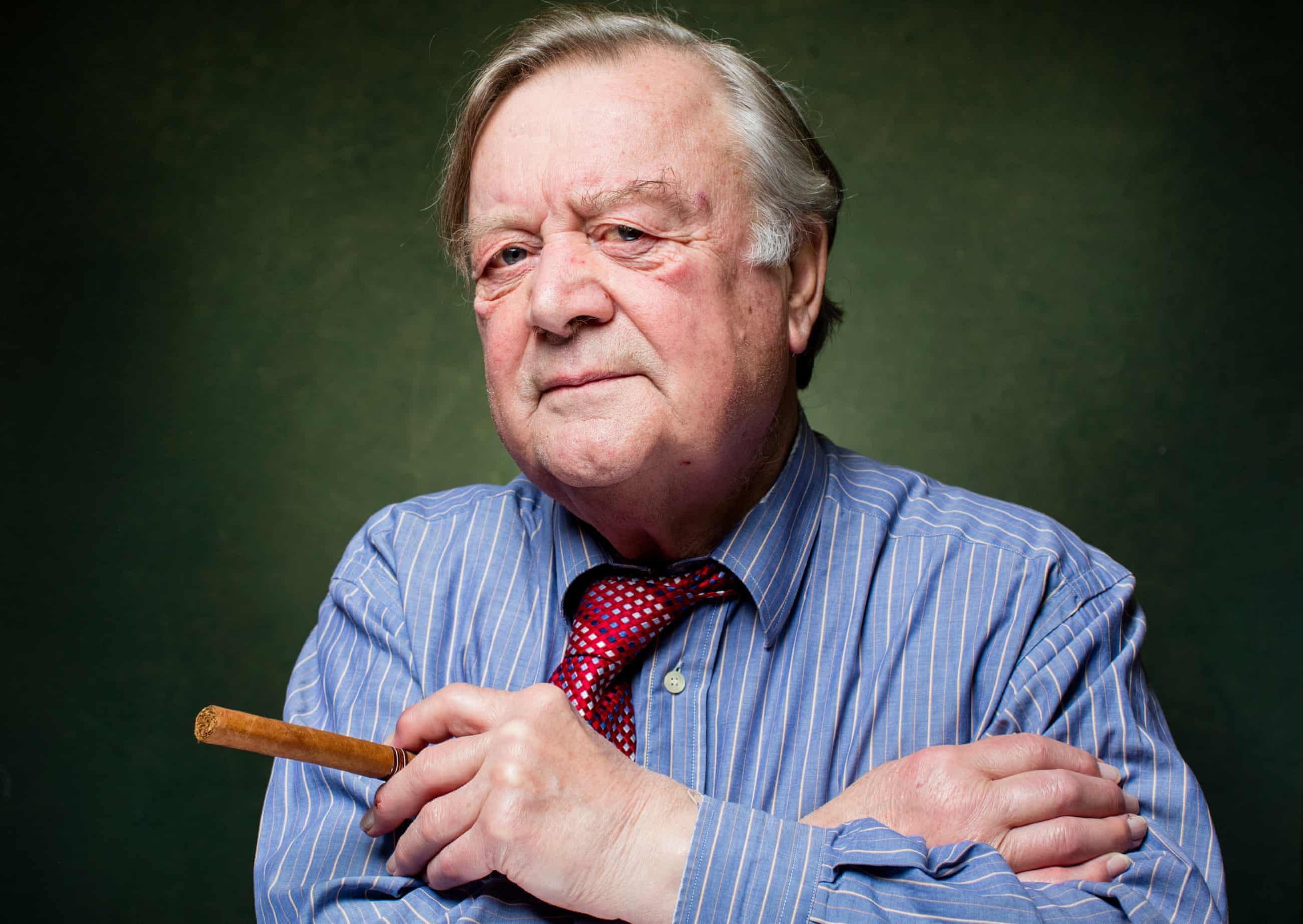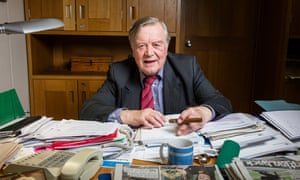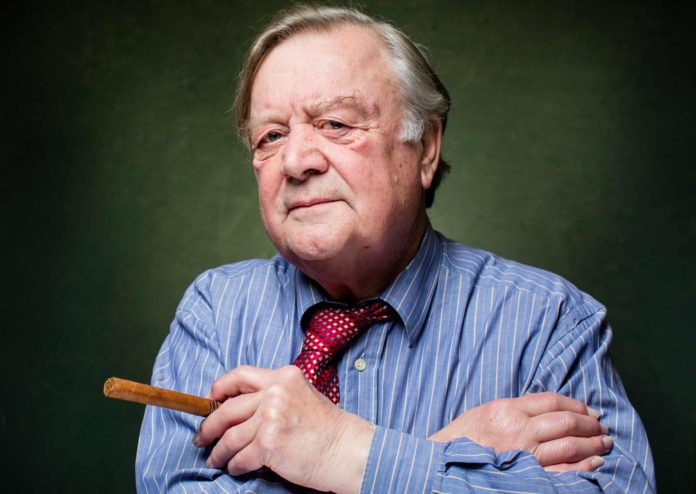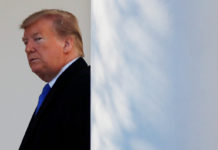
The twin pillars of Tory pro-Europeanism, the two men who defended that lonely cause in the Thatcher heyday and through the long trudge of the Major years, have responded very differently to Brexit. On one side stands Michael Heseltine, belated darling of the remainers, the lion in winter who won a deluge of Twitter love for his speech before a vast crowd at last month’s People’s Vote rally, where he spoke lyrically of his lost European dream. And there, on the other, is Kenneth Clarke, 79 this summer, not in the House of Lords but still slugging it out as a working MP, on his feet asking pointed questions, moving amendments in nail-biting midnight sessions, even tabling the alternative Brexit proposal – continued membership of a customs union – that came closest to success, falling short by just three votes.
It is not merely that Hezza, as Clarke calls him, has retired from the Commons while Clarke is still there: Father of the House, no less, in recognition of the fact that he has served continuously since 1970, a record matched only by Dennis Skinner. It also points to a deeper difference. Clarke is a devout pragmatist, an evangelical realist. Pro-European he may be, but that faith is trumped by his deference to “the real world”, a phrase he uses no fewer than five times when the two of us meet in his corner office at Portcullis House.
And so, while Heseltine or the next generation of (formerly) Conservative pro-Europeans such as Anna Soubry are holding out for a second referendum that might keep Britain in the EU, Clarke is committed to accepting reality, as he sees it. “Unless and until I can see an opportunity of actually reversing Brexit and restoring a stable membership of the European Union, then in the real world I concentrate on minimising the damage,” he says, sitting behind a desk that could only belong to Ken Clarke. (On it are several copies of the Nottingham Post; a cassette of Artie Shaw’s greatest hits; and a small booklet that turns out to be the Rules and By-laws of the Garrick Club.) “Only an ideologue deals with the world as he would wish it to be, as opposed to the world as it is.” When he recalls Edward Heath, the first Tory prime minister Clarke served as a frontbencher, he describes him as a “fanatic pro-European”. It is not a compliment.

This is how Clarke, so vehement a pro-European he once championed Britain joining the euro, has found himself breaking from his one-time comrades in the cause, becoming instead an advocate of soft Brexit. It has made him that rare creature on the Conservative benches: an MP who has voted for Theresa May’s deal three times, filing into the aye lobby against the ultras who dismiss it as not Brexity enough and the remainers who see it as too Brexity to stomach.
It has been lonely for the former chancellor, former home secretary and serially defeated Tory leadership candidate. “That’s why I’m so annoyed by the fact that nobody’s been able to compromise: everybody votes everything else down apart from their own perfect solution. I have made a very considerable compromise.”
It has been compromise upon compromise for him. When he proposed his customs union amendment, he did it with no love or enthusiasm. It was, he admitted, no more than a “lowest common denominator”. For one thing, it called only for a customs union. “Again, pragmatic old me, not the customs union.”
He knows that’s not good enough. “I personally am desperately anxious that we stay in the single market for economic reasons. And I think we should retain the closest links we can, politically, and within the fields of security and criminal justice enforcement and so on. But it was a start. At least it didn’t exclude anything else.”
Why not hold out for the big prize, of staying in the EU? Winning a second referendum would deliver that, and then he wouldn’t have to compromise. The great European project that has dominated his working life could live on. “Great friends of mine, political friends as well as personal friends, like Michael and Anna, are convinced that another referendum can save us the whole thing,” he concedes. But he just can’t bring himself to join them. “I think referendums are ridiculous. One opinion poll with a simple yes/no answer to a question that contains hundreds of complex questions. Referendums are designed to get round parliamentary government, and people only demand referendums when they think they can’t get a majority in parliament.” He takes a breath. “Mussolini was the most brilliant practitioner of referendums.”
But no one’s urging Clarke to become a habitual user of referendums. Just one, to deal with the mess left by the last one. “Just one they think they might win,” he says of the second referendum crowd, warming to his theme, talking over several attempts I make to interject, although doing it with that trademark laugh in his voice that ensures he never seems rude – a technique that made him one of the Conservatives’ most effective messengers on the airwaves for four decades. “Unless remain won by an enormous majority, I don’t think it would solve anything. I think it would just lead to bitter, angry division, which is already there among the public. I think the campaigning would almost certainly be as silly as it was last time.”
However much Brexit appals him, referendums seem to appal him more. Throughout our conversation, he refers to the ballot of 23 June 2016 as “one opinion poll”. In which case, should parliament simply have ignored the vote to leave, carrying on as if nothing had happened? Seriously, if he were in charge, what would he have said to the British electorate the day after they had voted for Brexit?
“Somehow I would have to say: ‘Well, it’s not quite as simple as that. Leaving the EU probably isn’t going to make the faintest difference to most of the things that so annoy you. What I will take on board is that you feel so angry about the ruling class and politicians, and the establishment and…










